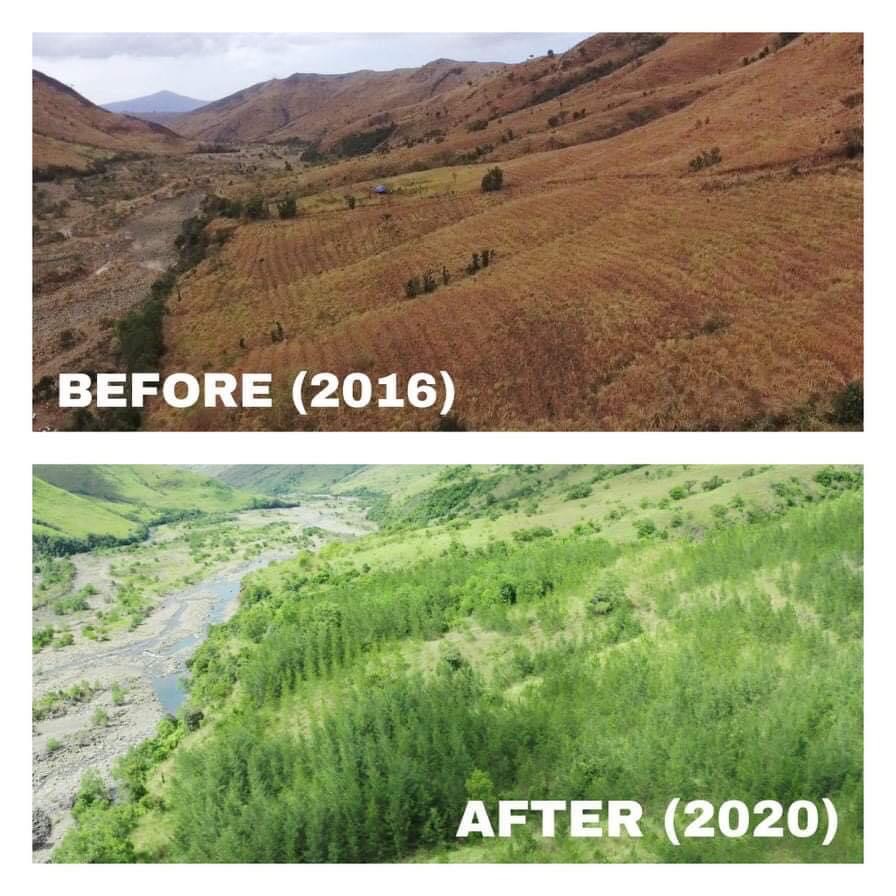About 122,000 hectares of denuded forestlands and watersheds in Central Luzon have been rehabilitated through the Enhanced National Greening Program (E-NGP) of Department of Environment and Natural Resources (DENR) since 2011.
DENR Regional Executive Director Paquito Moreno Jr. said the government’s flagship reforestation program has continued to restore the region’s degraded areas and has reinforced its efforts on increasing the survival rate of these plantation sites.
“In average, the survival rate of our plantation sites is around 81 percent. This rate is significantly affected by natural occurrences such as forest fire and extreme weather changes. Work limitations brought by the community quarantine restrictions have affected regular operations and activities for E-NGP,” he added.

Despite the pandemic, DENR has established another 300-hectare bamboo plantation in Bulacan last year as an additional forest cover in the Angat-Ipo-Maasim River Watershed.
This is in addition to the more than 14,000-hectare bamboo plantations established since 2011 under NGP.
Moreno said partnerships with private firms were also strengthened to achieve a higher survival rate in these plantations. To date, 62 unfunded NGP areas have already been adopted by different organizations.
DENR likewise partnered with Peoples’ Organizations, Philippine National Police and Philippine Army to monitor the development of plantations and facilitate quick response and reporting of illegal forest activities in NGP areas.
Apart from its ecological value, NGP has generated 228,592 jobs in the region from its plantation maintenance and protection activities.
NGP aims to reforest 1.5 million hectares of denuded forestlands and watersheds in the country.
It was expanded until 2028 under Executive Order No. 193 to reforest and develop remaining degraded forest areas in the country. (CLJD-PIA 3)













